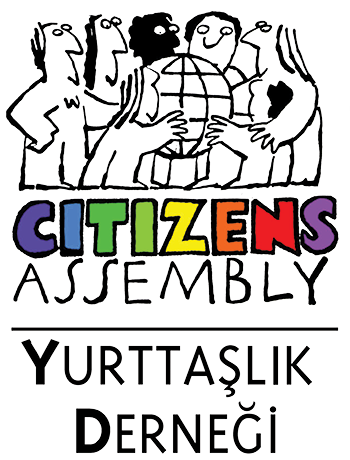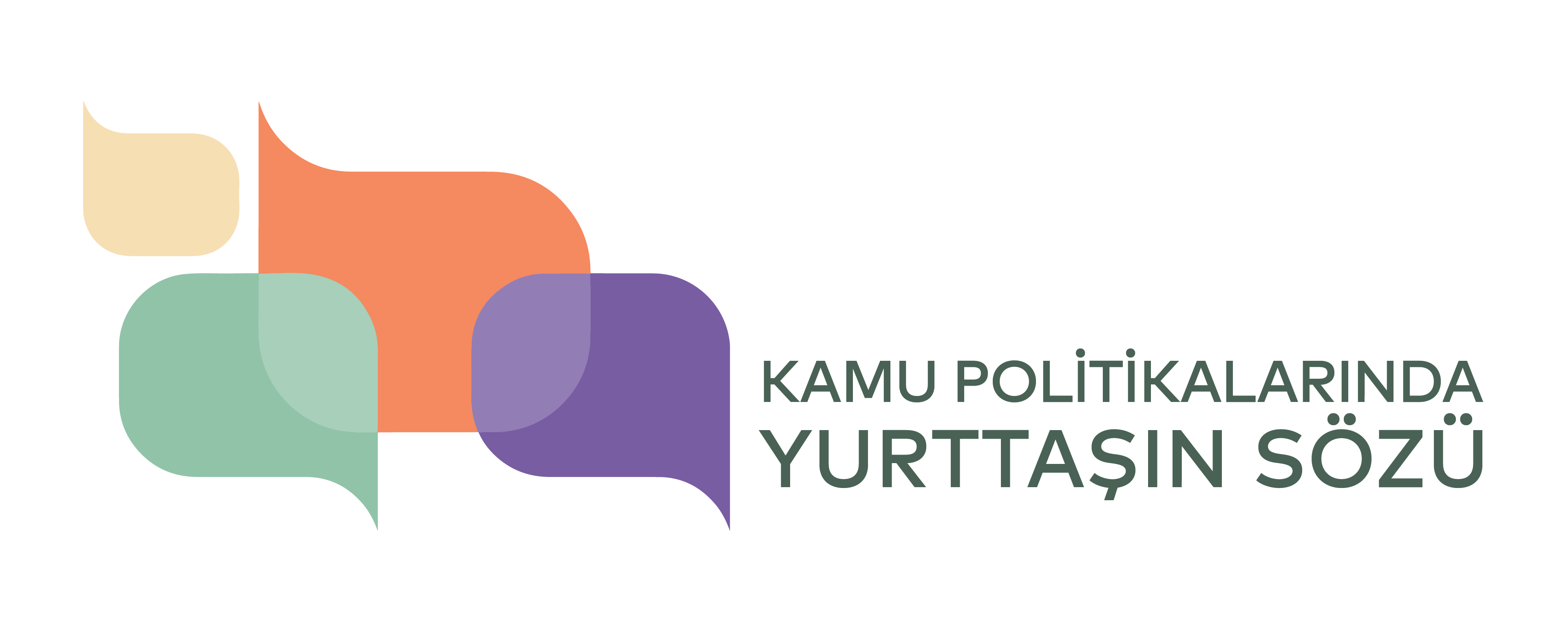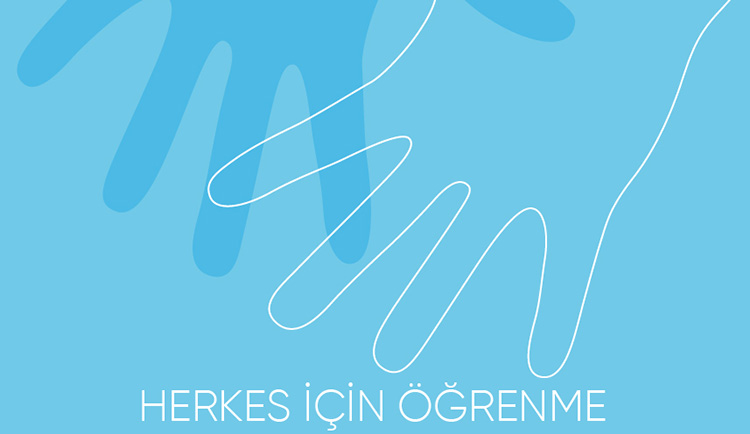Civil Society Workshop in Bursa: Susurluk Basin and Women's Labor
As part of our “Citizens' Say on Local and Regional Public Policies” study, we held a Civil Society Workshop at Bursa Nilüfer Municipality Karaman Associations Campus on Saturday, December 21, 2019.
Our work aims to support the participation of citizens in public policies and democratic management processes by creating specific strategies and advocacy methods to increase the effectiveness of non-governmental organizations in general. We address this general purpose in a thematic unity we have created around the issue of safe and accessible food.
Accordingly, in our workshop, we have discussed the agenda of citizens and the field of civil society, the monitoring of public policies in the context of these agendas, and citizen participation in public policies around the safe and accessible food axis with the civil society representatives from mainly Bursa, the Susurluk Basin and neighboring provinces. In addition, as representatives of civil society, we identified possible collaborations and interlocutors and developed ways of getting involved, by revealing the possibilities to influence public policies. The sub-topics we focus on within the scope of safe and accessible food for Susurluk Basin are (i) female labor in production processes (ii) new forms of solidarity and organization in production processes, and (iii) urban organization forms and participatory processes.
The workshop started with the presentation of “Woman Labor in Susurluk Basin” where Susurluk Basin researchers Suna Yılmaz and Hatice Kurşuncu discussed the scope and preliminary findings of the basin research. Suna Yılmaz and Hatice Kurşuncu emphasized that invisible female labor is a labor expended within the framework of gender-based division of labor and social relations. “The man works, brings money to the house and the woman provides the care of men in return for working in the house; this is a "slave" relationship."
According to Yılmaz and Kurşuncu, although women living in rural areas have the knowledge and experience of the whole process from production to consumption, they cannot generate income from this and cannot take part in the management of the income obtained.
Women's cooperatives are divided into 2 according to their purposes:
-Multipurpose women's cooperatives: cooperatives with special services for women: kindergarten, shared kitchen, laundry
-Income generating cooperatives
According to the field research conducted by Yılmaz and Kurşuncu, women encounter problems such as;
-Social barriers against women's production and work outside the home,
-Old (male) agricultural development cooperatives closed to women,
-Old and negative cooperative experiences,
-The complexity of bureaucratic processes,
-High establishment costs of cooperatives,
in the process of establishing a cooperative.
In order to cope with such problems, women develop alternative methods such as; alternative production / labor, regular, open meetings, recurring social security and only female members / partners.
Yılmaz and Kurşuncu also stated that, in the process of women's cooperativization, women might face some dangers like;
-The maintaining of gender roles,
-Perceiving that women getting more income than men as a threat against male power,
-The danger of turning into an intermediary institution,
-Disputes between the producer and the manager within the cooperative or association,
-The unsustainable nature of volunteer work,
-Few women earning income,
-Fatigue and reduction in number,
-Production not being able to turn into "work".
Women cope with their own personal attention and labor in the challenges they face in the process of production and cooperatives depending on their individual goodwill. However, the solution to these problems should come from the service of public institutions. In other words, attentive women producers fill the gaps created by sloppy public policies.
Yılmaz and Kurşuncu underline that besides the difficulties and problems of the establishment and functioning of women's cooperatives, the cooperatives have positive effects and potentials for women. Researchers list these positive effects as follows;
-Self-confidence, self-realization, empowerment
-Weakening of patriarchal bonds
-Economic independence
-Different perspectives, openness to new points of view
-Establishing solidarity relations
-Transformation in production relations; change in old cooperative structures.
In the second session, workshop moderator Buket Atlı explained effective advocacy methods for non-governmental organizations. She cited the cooperation of consumer cooperatives with ecologically producing farms while the citizens were involved in the participation process. “On the one hand, there are farmers who produce ecological products and have problems with marketing, and on the other hand, there are people who live in Istanbul and want to consume ecological products. The solution to this problem is a system where these people come together. For this to happen, a space can be requested from the municipality, ie the addressee municipality. As a method, a social media campaign can be started or one-to-one meetings can be held with the relevant person in the municipality. ”
In the afternoon sessions of the workshop, we talked about the agenda of citizens and civil society in the basin scale with the participants from various non-governmental organizations, we identified the demands of citizens and their interlocutors, identified the opportunities and methods and possible collaborations of civil society representatives to influence public policies, and completed the initial steps by creating a road map.





